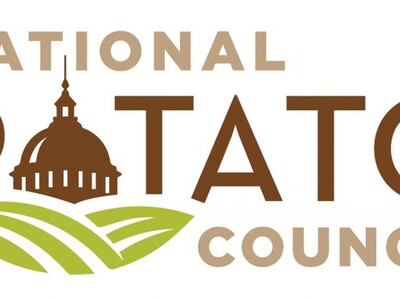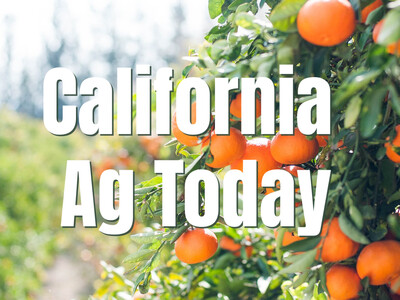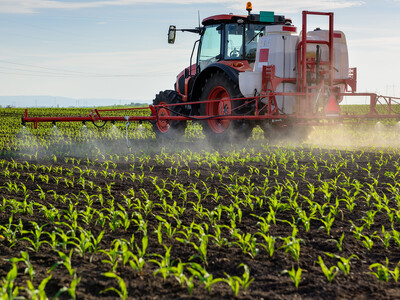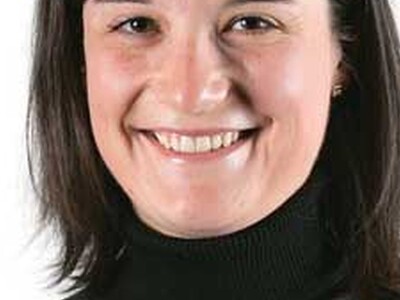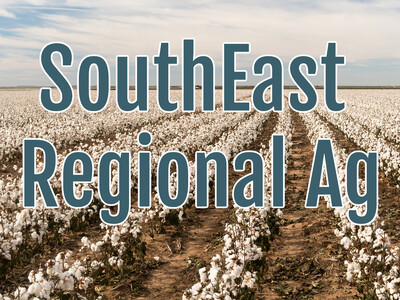The Organic Farmer's Friend
The Organic Farmer's Friend
I’m Lacy Gray with Washington Ag Today.
Linda Gilkeson, a Pacific Northwest gardening expert and entomologist, says that organic farmers and gardeners are well aware of the fact that not all bugs are bad, and that there are many insects they want and need to have around their crops.
GILKESON: They’re just key, they’re totally your best friend as far as being an organic gardener, and they’ll do the aphid control, the caterpillar control for you. When you attract a mother parasitic wasp or aphid predator to your garden they come and eat the nectar, then the first place they look to lay their eggs is close to their own food supply - the adult beneficial insects, they don’t eat the pests, it’s their immature stage, the larvae, that are eating the pests.
That’s why many organic farmers plant flowering plants around their vegetable crops - those flowering plants become part of the farm’s natural pest management strategy.
GILKESON: If you’ve got planted things like sweet alyssum, and dill, if you let parsley go to seed, those little flowers are really rich in nectar and they bring those parasitic wasps and parasitic flies, and predatory midges, and predatory flies in and they feed and then start searching right there for aphids or caterpillars or whatever the diet of their larvae is going to be.
So contrary to what many people think Gilkeson says parasitic wasps and hover flies are not the bad guys.
GILKESON: I had peppers in the greenhouse and peppers are always getting aphids on them, so I took two sweet alyssum plants that were in bloom and planted them in the greenhouse bench and in twenty-four hours I had hover flies in here laying eggs among the aphids. And I took this series of before and after pictures - I took a picture of the leaves with the aphids and then a picture of the leaves with all the little white eggs among them. Then a week later there were two big fat larvae there and there wasn’t an aphid to be seen. I’ve seen it work time and time again, people think the alyssum is repelling the aphids but it’s not it’s attracting the aphid predators.
That’s Washington Ag Today.
I’m Lacy Gray on the Ag Information Network.




